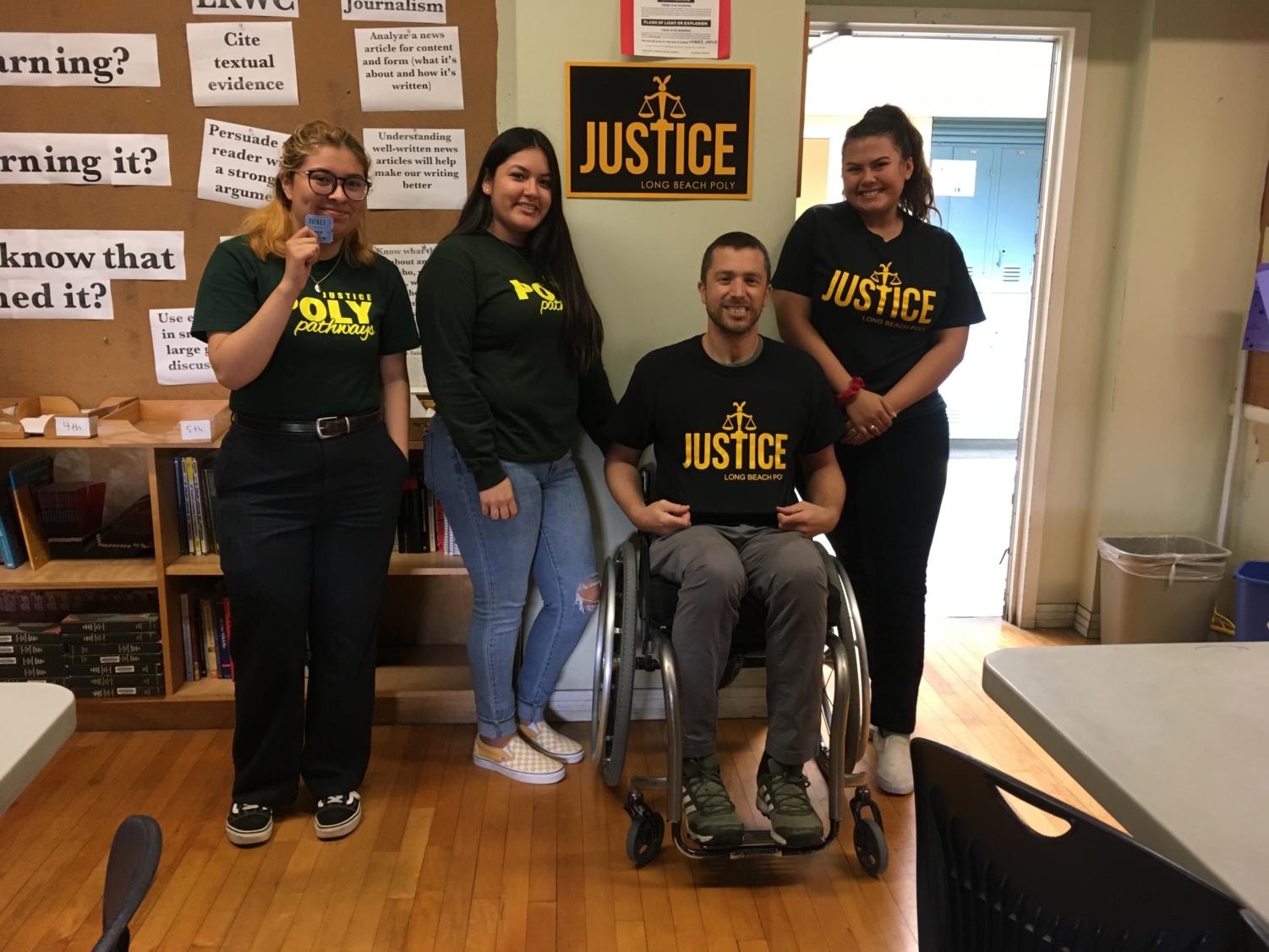On September 23, Principal William Salas sent out an e-mail informing the Poly community that JUSTICE would no longer be a pathway.
Due to a recent decrease in school enrollment throughout the district, administration was faced with the task of eliminating one of the seven pathways. Initial discussions began in April, and on June 19, the Instruction Leadership Team (ILT) (consisting of the principal and assistant principal, department heads, pathway lead teachers and counselors), held a meeting where they collected and analyzed data regarding each pathway.
After months of deliberation, on September 4, it was collectively decided that the JUSTICE pathway would be discontinued. The remaining issue was what to do with the current JUSTICE students.
JUSTICE teachers were faced with two options: they could keep the amount of students they already had or disperse them into other pathways.
The latter option was chosen as it would give the students an opportunity to finish their high school career in the pathway they started in. It would also be unfair and more complicated to disperse them at this point.
While the decision may not affect students academically (as they will suffer no changes in their course of study), JUSTICE faculty fear a great asset is being taken away.
“Justice is the only pathway that highlighted and showcased injustice,” said history teacher Michael Tinsley, who believes it important for youth to have a venue for awareness.
Pathway lead teacher Daryl Holmlund also believes it is unfortunate that students and teachers are losing this resource.
“Some teachers were very passionate about the social justice element of the program and I’m disappointed for them,” said Holmlund, “but also for the students who wanted to be in the pathway and are no longer able to.”
Students chose JUSTICE because it reflected their passion and interests, so they find it unfair that others will not be able to have that same experience.
“It’s unfair because a lot of people who were interested in law won’t be able to get this foundation for college,” Mireya Delgado, a JUSTICE senior, said.
“If students are interested in social justice or being an activist,” said JUSTICE freshman Isaac Betancourt, “they should be able to come to Poly and be part of a pathway that supports that.”
English teacher Amy Stuht understands the concerns this decision creates, but prefers to maintain a positive outlook.
Stuht said, “This decision does not mean the death of JUSTICE aspirations, but only the closing of an organized pathway.”
JUSTICE will no longer be accepting incoming freshmen, and will transition out over the next four years. In the meantime, current JUSTICE students will continue to take advantage of what the pathway has to offer.
Poly to Eliminate Justice Pathway


Leave a Reply